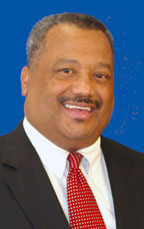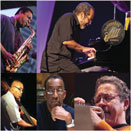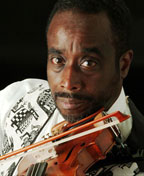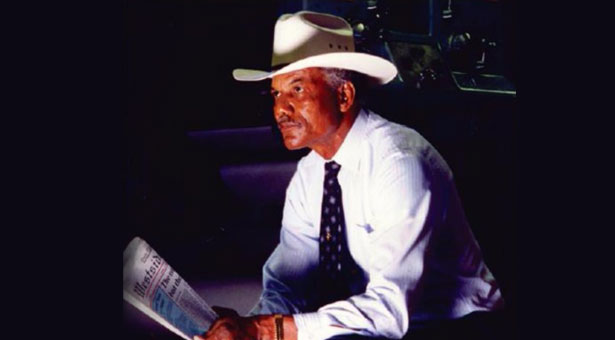
 Baptist Pastor Fred Luter, Jr. once preached the Gospel on street corners in Lower ninth Ward
Baptist Pastor Fred Luter, Jr. once preached the Gospel on street corners in Lower ninth Ward
By Rick Jervis
Soon, he’s set to become the first Black president of the Southern Baptist Convention(SBC) — a group created more than a century ago to support slavery — at the group’s annual meeting here.
The rise of Luter, 55, from street preacher to religious leader is more than a tale of personal fate. It’s a historic moment in the denomination’s 167-year history, a history tainted with racial segregation and human bondage, historians and convention leaders say.
The SBC which is overwhelmingly white, is the second-largest Christian denomination in the U.S., behind Catholics. But its membership numbers have been sliding for five years, down from 16,306,246 in 2006 to 15,978,112 in 2011, according to Nashville-based evangelical research agency LifeWay Research. This is dangerously close to falling behind the nation’s third-largest group: people with no religious identity.
Just as Catholic numbers have been sustained by the in-flux of Hispanics and other im-migrants, the SBC hopes it can grow with more minorities.
Electing Luter will be “the most significant event to happen in our history since our formation,” says Daniel Akin, president of the Southeastern Baptist Theological Seminary in Wake Forest, N.C. “It makes a statement about where the SBC is and where it hopes to go in the future.”
Akin says convention leaders hope Luter’s election has a “trickle-down effect,” motivating more Black congregants and pastors to join. The numbers have been rising, up from 1,907 African-American congregations in 1998 to 3,534 in 2010, according to the SBC’s North American Mission Board.
The Southern Baptist Convention was created in 1845, after northern Baptists refused to recognize slave owners as missionaries, says Nancy Am-merman, a professor of the sociology of religion at Boston University.
In the past two decades, the convention has taken steps to recant its past and try to draw more African-Americans. The denomination made front-page news nationwide at its 150th anniversary meeting in 1995 when it passed a resolution of apology and reconciliation for its racist past. Luter helped write it.
It said, in part, “that we ask forgiveness from our African American brothers and sisters, acknowledging that our own healing is at stake; and … we hereby commit ourselves to eradicate racism in all its forms from Southern Baptist life and ministry.”
Luter’s pending election shows, Ammerman says, that “they’re becoming more willing to become a more multiethnic denomination.”
As of 2010, African-American churches were eight percent of the denomination’s congregations; 50 percent of Southern Baptist churches started in 2011 were non-Anglo, according to Religion News Service.
To become truly more inclusive, Southern Baptist leaders need to appoint more African-Americans and other minorities to high-level leadership and seminary positions, not just name a Black president, which is mostly a symbolic position, says Robert Parham, executive director of the Nashville-based Baptist Center for Ethics and EthicsDaily.com.
“Symbolism has the capacity to make folks feel good about themselves without actually doing anything,” he says.
Luter says he didn’t know the convention’s history when he became Franklin Avenue Baptist Church’s pastor in 1986.
He was just happy to be off the street. Luter grew up the middle of five children in the Lower 9th Ward. As a youth, he was exposed to the joyous singing of Greater Mount Carmel Baptist Church but was “running with the wrong crowd.”
When a motorcycle accident nearly ended his life at 21, he vowed to serve God if he made it out of the hospital alive, he says. Soon after that, he began reading from the Bible and preaching to passers-by on street corners in the Lower 9th Ward.
In 1986, someone suggested applying for the pastor opening at Franklin Avenue Baptist in the city’s Gentilly neighborhood. Luter says he considered it a “White church” — but the White members had fled to the suburbs. He took the job.
Learning about the convention’s history several years later didn’t deter him or his mostly Black parishioners, he says. In 1995, he led an effort to have the Southern Baptist Convention formally denounce its past of supporting slave owners.
His unopposed election to the presidency will say a lot about a group that, like himself, has had darker days but is trying to improve, Luter says.





Be the first to comment